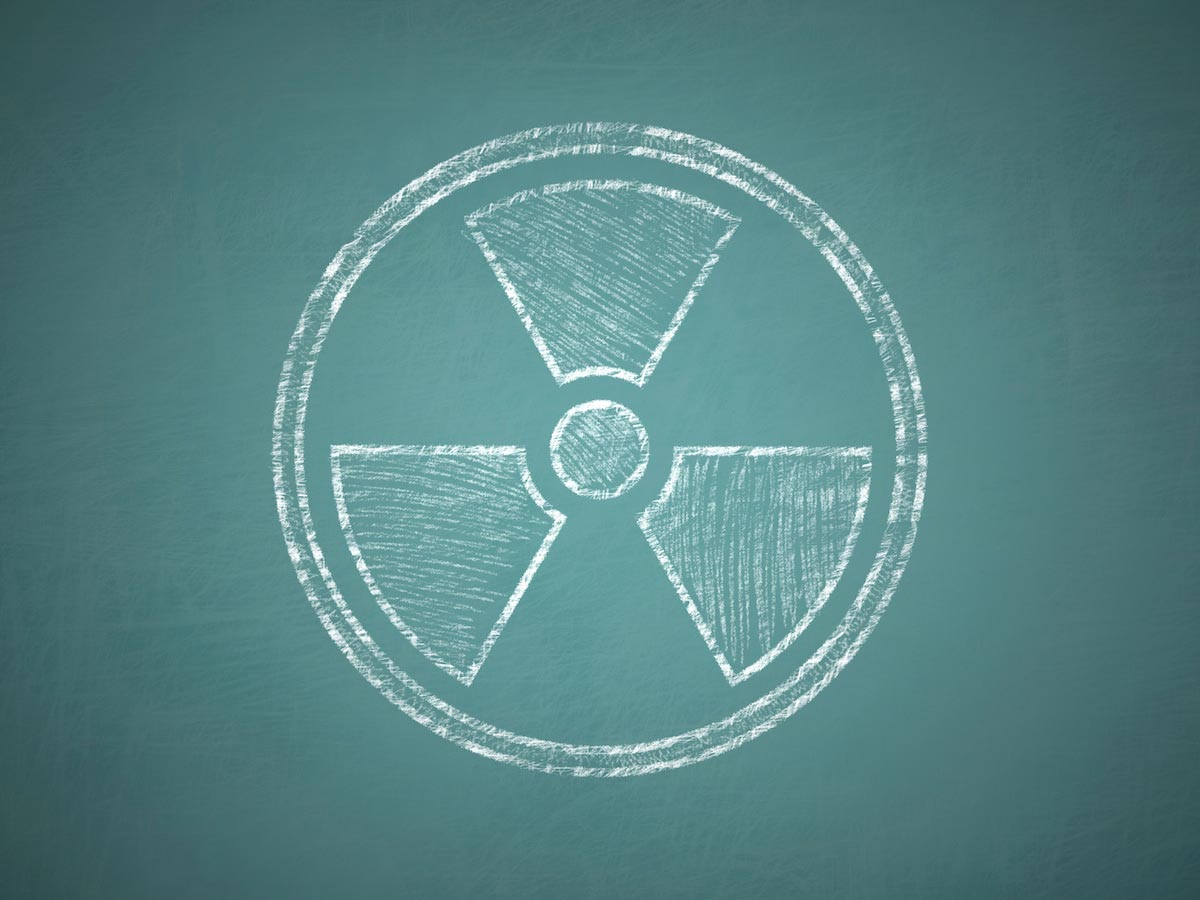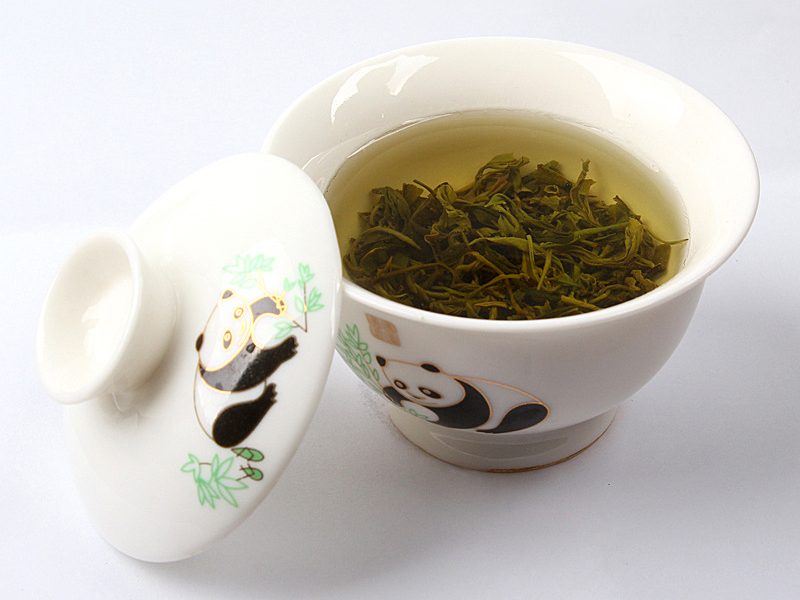
Plastic pollution is one of the biggest problems threatening the environment. A lot of this trash comes in the form of disposable bags. Most of these plastic containers see a single use before they get thrown away.
The bags can turn up anywhere around the world, including locations far from human settlement. The majority of the plastic trash ends up inside a landfill or floating in the ocean.
Plastic takes hundreds of years to get broken down by natural factors like sunlight and bacteria. It harms and even kills marine animals that mistakenly ingest it. The contaminant travels up the food chain until it reaches humans.
An increasing number of cities and countries around the world are trying to stem the vast amount of plastic pollutants that flood the environment every year. They are fining or taxing anyone who uses even a single plastic bag. Some areas are outright banning disposable bags.
Turning plastic bags into raw material for making lithium-ion battery parts
Plastic bags contain large amounts of polyethylene, one of the most common and popular plastics in the world. Researchers believed that the polymer might be extracted from plastic products and purified into carbon, a material used for storing large amounts of energy.
Existing methods for upcycling polyethylene into pure carbon fall short of the demand. Many of the processes depend on complicated chemical reactions that cost too much to implement on a large scale. Other approaches fail to produce sufficient amounts of carbon from plastic waste, making them uneconomical to pursue.
Purdue University researcher Vilas Pol sought an efficient and simple method of turning disposable bags and other plastic garbage into useful materials. He and his colleagues developed their technique to convert polyethylene plastic bags into chips of carbon. The resulting carbon displayed enough purity for industrial purposes, such as making lithium-ion batteries.
They published their findings in the science journal ACS Omega.
New approach upcycles polyethylene polymers into pure carbon
In their experiment, the Purdue researchers collected polyethylene plastic bags and dipped the plastics into sulfuric acid. They sealed the chemically treated material inside an airtight solvothermal reactor.
The temperature inside the reactor was raised almost to the melting temperature of polyethylene. The air pressure of the vessel was much higher.
Following prolonged exposure to the intense heat, sulfonic acid groups from the sulfuric acid bath attached themselves to the carbon-carbon backbone of polyethylene in a chemical process called "sulfonation." The addition of sulfonic acid increased the strength of the plastic.
The sulfonated polyethylene exhibited a higher melting point than its base form. When exposed to high temperatures, it did not vaporize nor produce toxic gases, making it safe for use.
The researchers extracted the sulfonated plastic from the reactor and transferred it to a different furnace with an inert atmosphere for further heating. The chemically inactive air ensured the absence of any contaminants, allowing the production of chips made from pure carbon. The chips were ground into powder and used to produce anodes for lithium-ion batteries.
The researchers reported that the batteries achieved similar performance levels as commercially available counterparts. They concluded that the anodes made from polyethylene plastic bags matched the performance of newly manufactured carbon.
Sources include:
Please contact us for more information.























